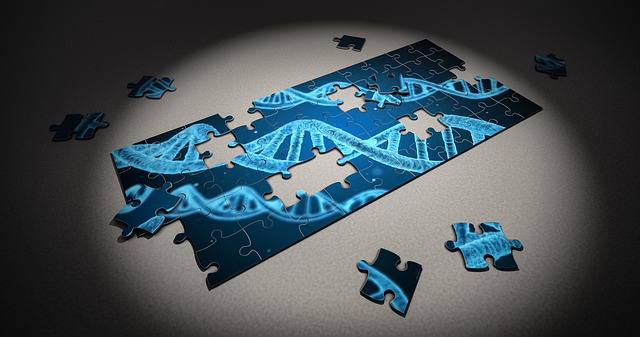Researchers in the USA recently conducted a series of investigations to find out more about the genes that are associated with endometrial cancer.
Vast advances in gene technology have allowed different cancers to be put under the spotlight. The endometrial tissue lines the uterus and goes through the monthly shedding cycle that is menstruation. Mutations in the genes that are involved in this lining of the uterus are thought to lay the ground for cancer to develop.
Investigators from Michigan State University and the Van Andel Research Institute in Michigan looked at two endometrial cancer genes and the way they behave in a mouse model and people. ARID1A is a well-known tumor suppressor gene, which when it mutates can allow cancer to spread. PIK3CA is an instructional gene that can lead to uncontrolled growth of cells when it mutates. Their research was published in Nature Communications.
An investigation into how these genes act together has led researchers to believe that coexistent ARID1A and PIK3CA mutations promote invasion of the surrounding endometrial tissues and into other areas of the body. Many other steps in the pathway of cancer spread still elude researchers, however. These mutations are also found in endometriosis, another condition affecting the lining of the uterus, suggesting that the mutations themselves are not enough to result in cancer formation Ronald Chandler, an assistant professor of obstetrics, gynecology and reproductive biology at the College of Human Medicine, who led the study, said that “we’re trying to understand why some women with the same set of mutations get cancer and some don’t.”
For now, the researchers hope that understanding the pathways that lead to the spread of cancer around the body may lead to therapeutic options. Currently, the survival rates are higher if the cancer is detected whilst still confined to the endometrium. This research takes scientists a step closer to understanding the complex nature of the genetics associated with endometrial cancer.
Written by Nicola Cribb MA VetMB DVSc Diplomate ACVS
References:
Wilson MR, Reske JJ, Holladay J et al. ARID1A and PI3-kinase pathway mutations in the endometrium drive epithelial transdifferentiation and collective invasion. Nature communications. (2019)10:3554
Gene mutation combo linked to common cancer in women. EurekAlert! https://www.eurekalert.org/pub_releases/2019-08/msu-gmc080719.php Last accessed August 8 2019.
Image by Arek Socha from Pixabay



